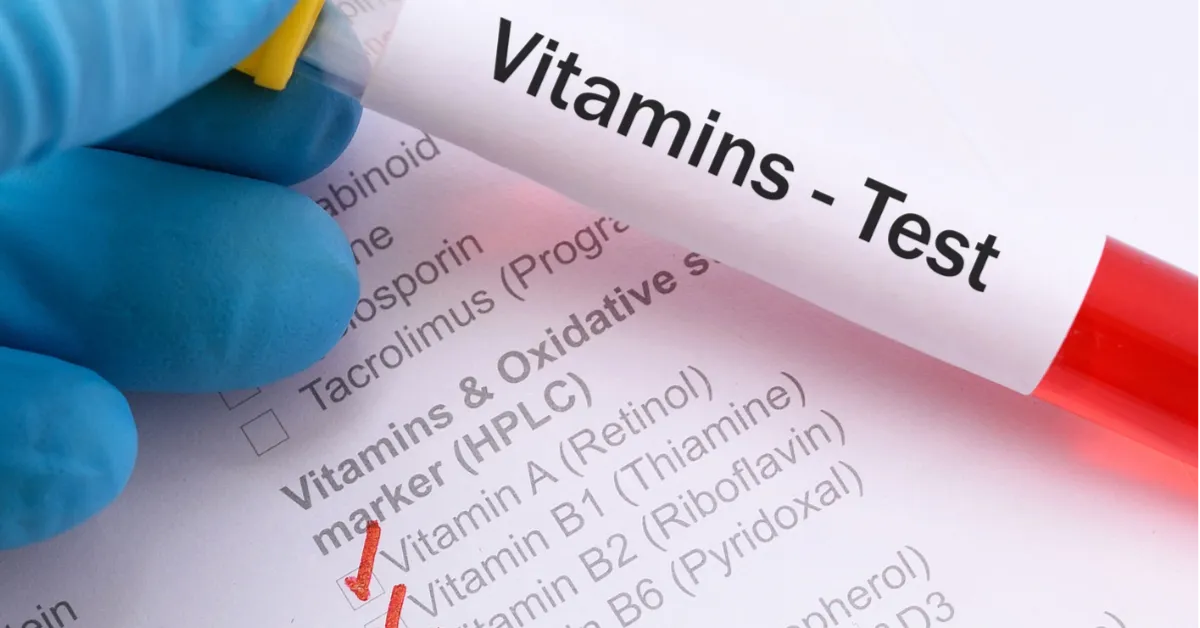ISO 24830 Vitamin D3 Quantification in Fish and Seafood
The quantification of vitamin D3 in fish and seafood is a critical process that ensures the safety, quality, and nutritional value of these products. Vitamin D3 plays a pivotal role in bone health, immune function, and overall well-being. This service adheres to ISO 24830, which provides guidelines for the determination of cholecalciferol (vitamin D3) by high-performance liquid chromatography with ultraviolet detection.
The demand for fish and seafood has been growing globally due to its health benefits and sustainability. However, ensuring that these products contain adequate levels of vitamin D3 is essential. This service helps meet regulatory requirements while also supporting the development of new products in the food and feed sectors. The process involves several key steps:
- Sample Preparation: Samples are collected from various stages of production, including raw materials, intermediate products, and finished goods.
- Liquid Chromatography: Samples undergo a rigorous liquid chromatographic analysis to separate the components for accurate quantification.
- Detection: Ultraviolet detection ensures precise measurement of vitamin D3 concentrations.
The precision and accuracy of this service are paramount, especially when considering the nutritional content that consumers expect from their food. The service also supports research and development by providing reliable data for new product formulations. Regulatory bodies such as the U.S. Food and Drug Administration (FDA) and the European Commission mandate accurate vitamin D3 levels in fish and seafood products to ensure public health.
By adhering to ISO 24830, this service ensures that results are comparable across different laboratories, which is crucial for international trade and compliance. This consistency allows stakeholders to trust the data produced by our laboratory, enhancing their confidence in the quality of fish and seafood products.
The importance of vitamin D3 quantification cannot be overstated. It impacts not only the nutritional value but also consumer health and satisfaction. Ensuring that products meet or exceed regulatory standards can lead to increased sales and market share. Moreover, this service supports sustainability efforts by ensuring that fish and seafood are produced in a manner that respects environmental regulations.
In conclusion, our ISO 24830 vitamin D3 quantification service is designed to provide accurate, reliable, and consistent results. This ensures compliance with international standards while supporting the quality management of stakeholders involved in the food and feed sectors.
Scope and Methodology
The scope of this service includes the quantification of vitamin D3 (cholecalciferol) in fish and seafood products. The methodology adheres strictly to ISO 24830, which specifies a high-performance liquid chromatography (HPLC) procedure with ultraviolet detection for accurate measurement.
Sample Collection: Samples are collected from various stages of production, including raw materials, intermediate products, and finished goods. These samples undergo rigorous quality control checks to ensure they meet the required standards before analysis.
Liquid Chromatography: The HPLC system used for this process is equipped with a UV detector, ensuring accurate separation of components and precise measurement of vitamin D3 concentrations. This technology allows for high-resolution separations, which are crucial for detecting even trace amounts of vitamin D3.
Data Analysis: Data from the HPLC analysis are analyzed using software that adheres to ISO 24830 guidelines. The results provide precise and reliable quantification of vitamin D3 in the samples.
The methodology also includes a quality control step where duplicate analyses are performed on each sample. This ensures consistency and accuracy, which is essential for regulatory compliance and stakeholder trust.
Customer Impact and Satisfaction
Our ISO 24830 vitamin D3 quantification service has a significant impact on the food and feed sectors by ensuring that products meet or exceed regulatory standards. This not only enhances consumer trust but also supports sustainable practices in the industry.
Quality Assurance: By providing accurate and reliable data, this service ensures that fish and seafood products are of high quality. This is crucial for maintaining customer satisfaction and loyalty.
Regulatory Compliance: Adhering to ISO 24830 guarantees that results are comparable across different laboratories, which is essential for international trade. This compliance helps stakeholders meet regulatory requirements and avoid potential fines or legal issues.
Sustainability: Ensuring that fish and seafood products contain adequate levels of vitamin D3 supports sustainable production practices by promoting responsible sourcing and processing methods.
We have received positive feedback from quality managers, compliance officers, and R&D engineers who appreciate the accuracy and reliability of our results. Our customers also value the consistency of our service across multiple samples and different batches.
Customer satisfaction is a key priority for us, and we strive to meet or exceed expectations in every aspect of our service. By providing high-quality results that adhere to international standards, we contribute to the overall quality and safety of fish and seafood products.
Competitive Advantage and Market Impact
- Innovation Leadership: By staying at the forefront of vitamin D3 quantification technology, we offer a competitive advantage in the market. Our adherence to ISO 24830 ensures that our results are reliable and consistent.
- Regulatory Compliance: Adhering strictly to international standards provides a significant competitive edge by ensuring compliance with regulatory requirements.
- Consumer Trust: Providing accurate, reliable, and consistent data enhances consumer trust, which is crucial for maintaining market share and customer loyalty.
- Sustainability Focus: Our commitment to sustainability through responsible sourcing and processing methods sets us apart from competitors.
In the highly competitive food and feed industry, our service ensures that stakeholders meet or exceed regulatory standards. This not only enhances their reputation but also supports sustainable practices in the sector. By providing accurate and reliable data, we contribute to the overall quality and safety of fish and seafood products.





